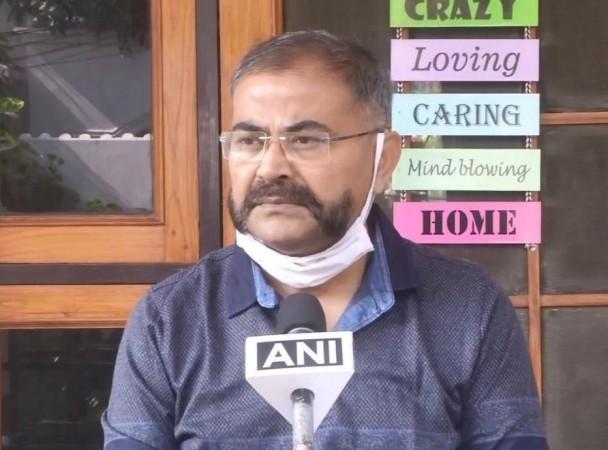Uttar Pradesh Police has registered the first case under the newly promulgated Uttar Pradesh Prohibition of Unlawful Conversion of Religion Ordinance, 2020. The case has been registered in Bareilly's Deorania Police station against a man who has been allegedly accused of forcing a woman to convert to Islam.
The accused, Ubais has been absconding since the complaint was made. It is pertinent to note that the development has come a day after Uttar Pradesh Governor Anandiben Patel giving her assent to the UP Prohibition of Unlawful Conversion of Religion Ordinance 2020.
Prashant Kumar ADG (Law & Order), UP police said, "The first case under Uttar Pradesh Prohibition of Unlawful Conversion of Religion Ordinance, 2020 has been registered at Deorania police station in Bareilly wherein a man is accused of trying to forcibly convert a girl's faith & threaten her."

UP Prohibition of Unlawful Conversion of Religion Ordinance 2020-Key provisions
A marriage would be considered null and void under the law dealing with various types of offenses if the conversion of a woman is purely for that reason, and those seeking to change their religion after marriage have to apply to the district magistrate. The law further states that no person shall convert or attempt to convert, either directly or otherwise, any other person from one religion to another by use or practice of misrepresentation, force, undue influence, coercion, allurement or by any fraudulent means or by marriage, nor shall any person abet, convince or conspire such conversion.

Any aggrieved person, parents, brother, sister, or any relative may lodge an FIR over such a conversion. The duty of proof as to whether a religious conversion was not affected by misrepresentation, compulsion, undue influence, coercion, attraction, or by other deceptive means, whether by marriage, resides with the individual who induced the conversion, and with any person who facilitated the conversion. The new legislation also has a clause in which it is not considered a conversion if anyone returns to their original religion. The maximum punishment for an offense under this law is of 10 years.









